Filter by
749 results found
-
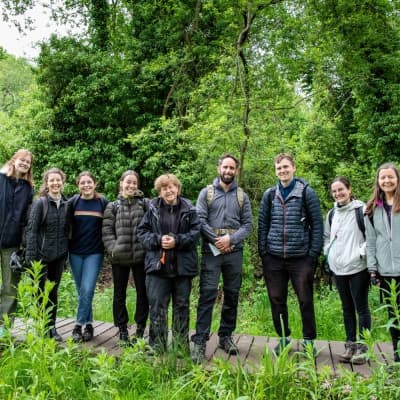
NbSI visit to The Lye Valley nature reserve
In May, some of the NBSI team visited the Lye Valley in Headington, Oxford, an ancient verdant landscape. The visited was guided by Judy Webb, a member of the Friends of Lye Valley and an ecologist with a special interest in rare wetland plants, as well as flies and bees, who coordinates management and restoration […] -

Net Zero: Science, Origins, and Implications
Allen, M.R., et al. 2022 A new study Net Zero: Science, Origins, and Implications in Annual Review of Environment and Resources, co-authored by NbSI Technical Director Cecile Girardin and ECI Oxford colleagues, includes examination of the role of nature-based solutions in net zero. The review explains the science behind the drive for global net zero […] -
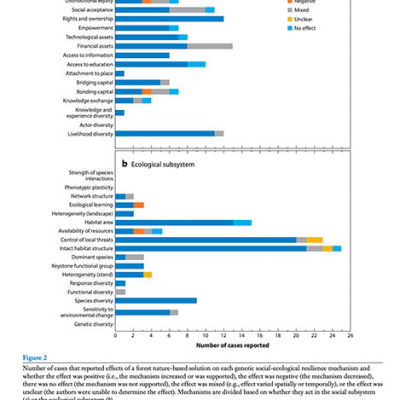
The Role of Nature-Based Solutions in Supporting Social-Ecological Resilience for Climate Change Adaptation
Social-ecological systems underpinning nature-based solutions (NbS) must be resilient to changing conditions if NbS are to contribute to long-term climate change adaptation. We develop a two-part conceptual framework linking social-ecological resilience to adaptation outcomes in NbS. -

Investments in Coastal Nature-based Solutions Report
A report by IUCN and Silvestrum Climate Associates, Investments in Coastal Nature-based Solutions. Opportunities for National and Local Governments, published as part of the Knowledge Series of the Blue Natural Capital Financing Facility (BNCFF) provides an overview of the topical challenges and explores options for addressing regulatory and governance issues as barriers to NbS implementation. […] -

The Contributions, Perspectives and Recommendations of Indigenous Peoples on Nature-Based Solutions
An infographic produced by Tebtebba (Indigenous Peoples’ International Centre for Policy Research and Education) attempts to capture the results of a scoping study scoping research in 2021 about the views and perspectives of indigenous peoples around their role in Nature-based Solutions and their perspectives on the principles of NbS. The document also puts forward recommendations […] -

Protection and restoration of coastal habitats yield multiple benefits for urban residents as sea levels rise
Guerry et al. 2022. A new study in npj Urban Sustainability reveals the add-on benefits of NbS such as conserving marshlands and restoring beaches, which are protecting against sea-level rise as well as concrete sea walls. This is in addition to further additional benefits including climate change mitigation through carbon storage, nutrient pollution reduction, and […] -

The potential of NbS to meet net-zero webinar
Harnessing the potential of nature-based solutions to meet net-zero and support a flourishing nature-positive economy. This webinar will provide an overview of the role of nature-based solutions in helping nations and companies to meet their net-zero and nature-positive pledges, without compromising efforts to slow warming by keeping fossil fuels in the ground. We will discuss […] -
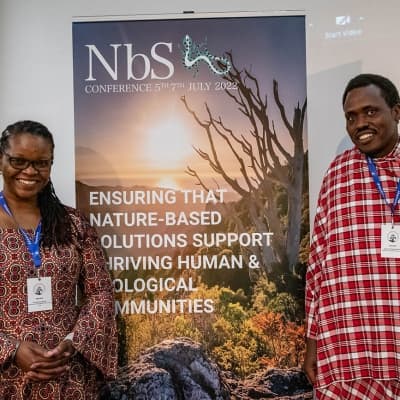
Carbon Brief at the NbS Conference 2022
Carbon Brief produced an overview of the key themes from the researchers, practitioners, Indigenous representatives, policy experts, and activists who took part in the NbS Conference 2022. Read the summary “Nature-based solutions: How can they work for climate, biodiversity and people?” now. -

NbS Conference 2022 – Day three summary
Thursday 7th July was the third and final day of the Nature based Solutions Conference 2022. As with day 2, there were parallel sessions in the afternoon across both the Natural History Museum and Oxford Martin School, with a diverse range of speakers and audience members in-person and online. The first two sessions focussed on […] -
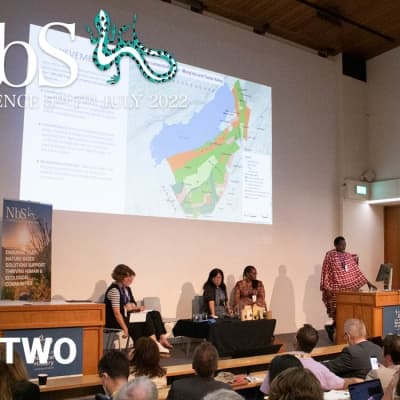
NbS Conference 2022 – Day two summary
Today marked the second day of the Nature-based Solutions in Oxford, with parallel sessions running in the afternoon in the Oxford Martin School, and the Natural History Museum. We heard from a range of speakers across a range of different contexts across continents, both in-person, and online, including Indigenous and local community representatives. The focus […] -
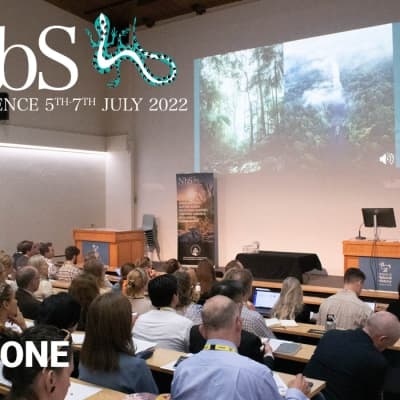
NbS Conference 2022 – Day one summary
On Tuesday 5th July 2022, the highly anticipated and long awaited Nature-based Solutions Conference 2022 kicked off with 962 international delegates across science, policy, practice, and business gathering online and at the Oxford Museum of Natural History, to discuss how to ensure that Nature-based Solutions (NbS) support thriving human societies and ecosystems. Several key themes […] -
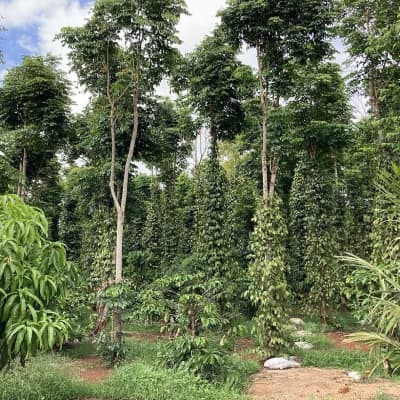
Science paper: Harnessing the potential of nature-based solutions for mitigating and adapting to climate change
New research by NbSI Director Nathalie Seddon on Harnessing the potential of nature-based solutions for mitigating and adapting to climate change, published in Science, summarises recent research on the benefits and limits of nature-based solutions and highlights critical areas for future research to address current controversies. To hear Nathalie discussing nature-based solutions, listen to the […] -
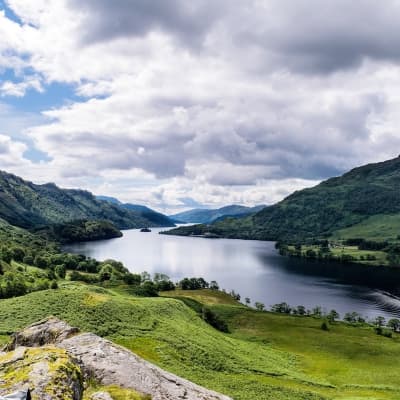
UK Government responds on the role of NbS for meeting Net Zero
NbSI recently gave evidence to a House of Lords Select Committee investigation into the role NbS could play in meeting Net Zero targets in the UK (Nature-based solutions: rhetoric or reality?) Our key messages were reflected well in the report, which emphasised the need to deliver high quality, evidence-based NbS that are carefully designed to […] -

Nature-based insights analytical framework
To explore practical yet ecologically and socially robust approaches to implement nature based solutions along supply chains, we have set up a social venture spin out of Oxford University Innovation: Nature-based Insights. The NbI team are developing a innovative NbI Analytical Framework, supported by a quantitative model, to provide the evidence for companies to monitor […] -
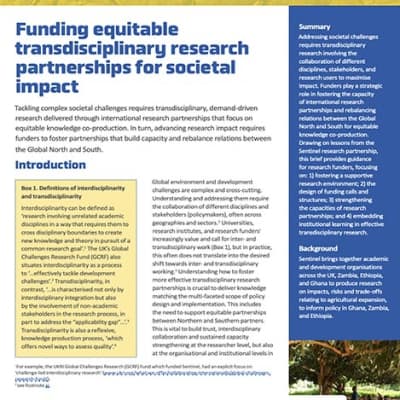
Funding equitable transdisciplinary research partnerships for societal impact
Tackling complex societal challenges requires transdisciplinary, demand-driven research delivered through international research partnerships that focus on equitable knowledge co-production. In turn, advancing research impact requires funders to foster partnerships that build capacity and rebalance relations between the Global North and South. -

Nathalie Seddon
Nathalie Seddon is an ecologist, science communicator, and adviser to governments and businesses whose work is grounded in a lifelong love of the natural world. She is Professor of Biodiversity and Founding Director of the Nature-based Solutions Initiative, jointly based in the Departments of Biology and Geography within the Smith School for Enterprise and the […] -

HARP Project: Facilitating Sustainable Reforestation in Tropical Agricultural Landscapes – The High Agricultural Reforestation Potential (HARP) Toolkit
To help facilitate the integration of scientific and practitioner knowledge, this project will work directly with a consortium of coffee and cocoa value chain actors to co-design the High Agricultural Reforestation Potential (HARP) Toolkit. -
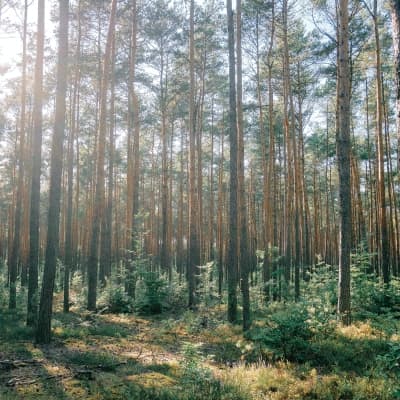
Temporary nature-based carbon removal can lower peak warming in a well-below 2 °C scenario
Matthews et al. 2022. A recent study in Communications Earth & Environment has found that temporary nature-based carbon storage (NbCS) can decrease the peak temperature increase associated with anthropogenic climate change, but only if implemented as a complement (and not an alternative) to ambitious fossil fuel CO2 emissions reductions. The study utilised a global climate […] -

CO2RE event on Greenhouse Gas Removal and Innovation
The UK Greenhouse Gas Removal Hub (CO2RE) recently held an event to showcase the latest Greenhouse Gas Removal (GGR) research & innovation, and to highlight its role in effective, sustainable & equitable climate action. Nature-based solutions featured prominently, with a number of speakers highlighting the major contribution they are expected to make in achieving the […] -
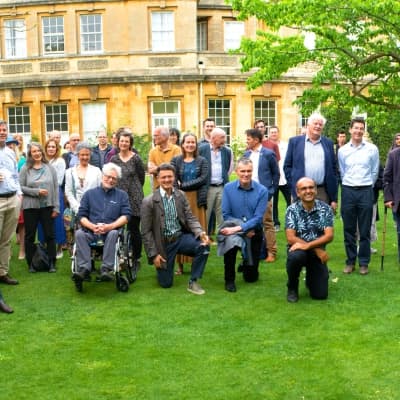
Leverhulme Centre for Nature Recovery launches
The Leverhulme Centre for Nature Recovery (LCNR) was launched with an event at the Oxford Botanic Garden on 9 May. The LCNR is being established at the University of Oxford in 2022 for an initial period of ten years. The purpose of the Centre is to draw on and consolidate the world-leading expertise of the […] -
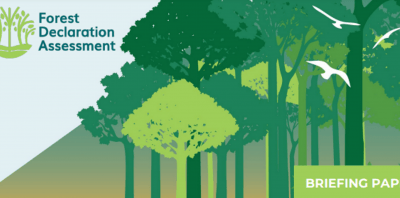
Sink or swim: Forest Declaration Platform report on the role of IPLCs for NDCs
A recent Forest Declaration Platform briefing paper, ‘Sink or swim: How Indigenous and community lands can make or break nationally determined contributions‘, has been released by researchers from World Resources Institute and Climate Focus, exploring the role that IPLCs play in combating climate change. The briefing paper focuses on IPLCs in four countries – Brazil, […] -
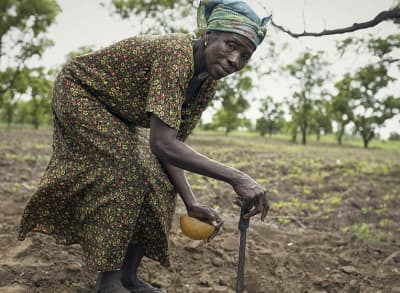
Farmer Managed Natural Regeneration in Ghana
The Talensi District is located in the environmentally fragile dryland area of northern Ghana, where almost 80% of the population works in agriculture, fisheries and forestry. Climate change, land clearing and unsustainable agricultural practices are leading to declining agricultural productivity and vulnerability of already marginal rural populations in this region. World Vision Ghana, together with […] -
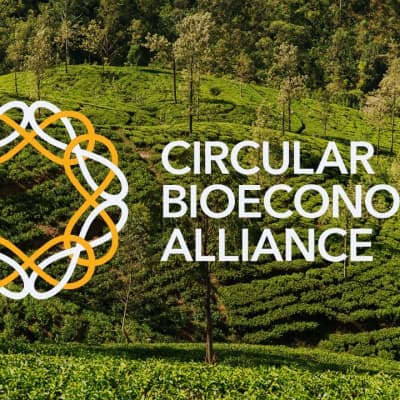
NbSI Joins the Circular Bioeconomy Alliance
NbSI has joined the Circular Bioeconomy Alliance (CBA), becoming part of a global movement powered by nature and people. The CBA was established by His Royal Highness The Prince of Wales in 2020, and is facilitated by a Secretariat hosted by the European Forest Institute. It includes large and small intergovernmental organizations, companies, investors, research […] -

New UNCCD report on global land degradation and drought
The second edition of the Global Land Outlook report, GLO2: Land Restoration for Recovery and Resilience, has found that the world’s land area is now 40% degraded, and accelerating. The report states that if the current trend continues, a further 11% of the world’s land surface could be degraded by 2050. The Global Land Outlook […] -
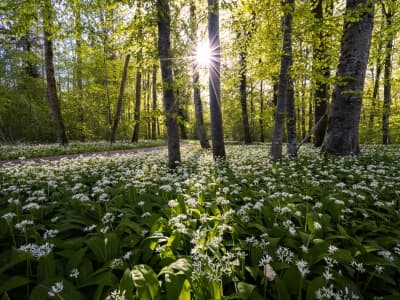
Professor Nathalie Seddon appointed to CCC’s Adaptation Committee
NbSI Director Professor Nathalie Seddon has been appointed to the Climate Change Committee’s (CCC) Adaptation Committee, by the UK Government and Governments in Scotland, Wales and Northern Ireland. The Adaptation Committee (AC) consists of experts in climate change impacts, science, environmental economics, conservation, public health and business. They provide independent advice to the UK and […]
